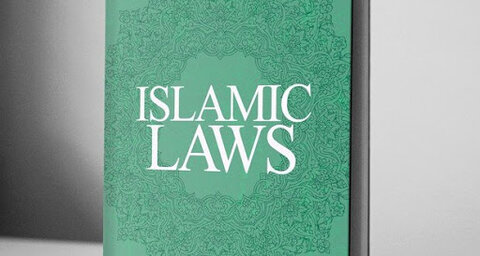Hawzah News Agency – The deceased’s Qur’an, ring, sword, and clothes which he had worn or had kept in order to wear, belong to the eldest son. If the deceased had more than one of the first three things – for example he left two copies of the Qur’an or two rings – the obligatory precaution is that the eldest son must arrive at a settlement with the other heirs regarding those things.
- If the deceased has more than one eldest son – for example, two sons are born of two wives at the same time – the items mentioned earlier must be divided equally among them. This rule is specific to the eldest son even though there may be daughters older than him.
- If the deceased has a debt which is equal to his estate or more, the eldest son must give those things mentioned earlier that belong to him to settle the debt, or he must pay their equivalent worth from his own wealth. If the debt of the deceased is less than his estate but his estate without those items that belong to the eldest son is not sufficient to settle his debt, then the eldest son must give from those items or from his own wealth to settle the debt. However, if the rest of his estate is adequate to clear the debt, then the obligatory precaution is that the eldest son must still participate in clearing the debt in the manner mentioned previously. For example, if the estate of the deceased is worth £600 and the items that belong to the eldest son are worth £200 and the deceased has a debt of £300, the eldest son must pay £100 from the items he received to pay off the debt.

